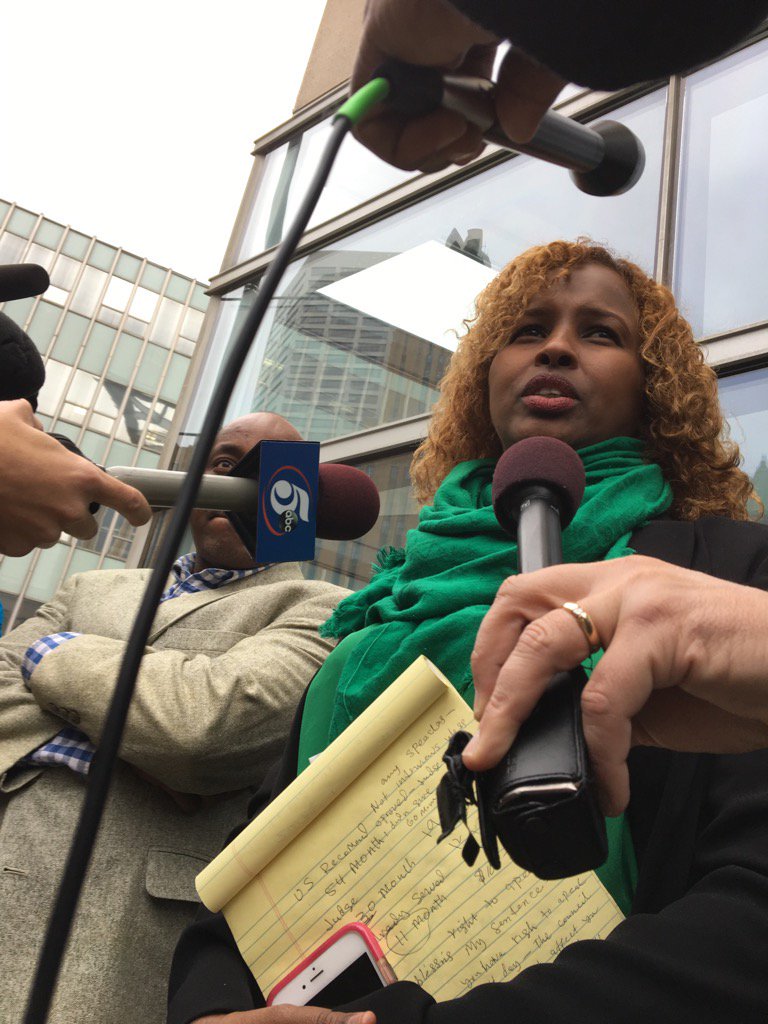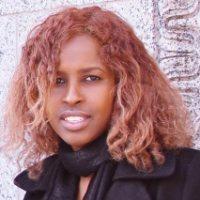By: Ibrahim Hersi
East African and Muslim women in Minnesota escaping domestic abuse now have a place to find a safe haven in St. Paul: The Farhio House.
“It took us seven years to create this center,” said Farhio Khalif, founder of the shelter. “We want to empower women. We want to tell them that it’s OK to come forward and talk to us about what they’re going through.”
The Farhio House is part of Voice of East African Women(VEAW), a Twin Cities-based nonprofit that’s been providing immigrant women and families with legal services and wellness programs since 2012.
The shelter, Khalif said, is the result of years of seeing an unusually high number of domestic abuse cases involving mothers and young girls in the Twin Cities’ East African community — experiences the women were often reluctant to talk about.
“I started talking to all these women in the community,” she said. “I realized that a lot of women were in abusive relationships. But they were not talking about it. They were not reporting it.”

Khalif — who until several years ago was a producer and host of The Farhio Khalif Show, a program documenting the stories of Somali-Americans in Minnesota — reached out to other community leaders to see if they had noticed a similar trend.
Nadifa Osman, who studies immigrant and refugee women, was one of the leaders Khalif turned to. Over coffee in Minneapolis, Osman told Khalif about “the horrible” stories she heard from Somali immigrant women when she worked for the University of Minnesota as an assistant researcher.
“Listening to their life stories was heartbreaking,” Osman said. “More than once, women that I worked with told me how their husbands treated them. What they described to me was basically domestic abuse, but they talked about it as if that was normal.”
What was supposed to be a one-time meeting to exchange information in 2010 eventually became an enduring friendship between Khalif and Osman. Over the next seven years, the pair would often meet to talk about creating a space where women suffering domestic violence can share their stories.
In 2012, Khalif started talking to Rep. Karen Clark, who represents four neighborhoods in south Minneapolis with a sizable East African immigrant population, about the issue and what the state could do to help the women get out of the situation. “It was a clear request and we talked about what that would mean,” Clark said. “I said, ‘Perhaps we can put it in one of the bills and bring it through.’”
In the 2013 legislative session, lawmakers allocated VEAW $350,000. A year later, Khalif used that funding to purchase a building, and earlier this year, The Farhio House was opened as a shelter to support the region’s East African and Muslim women fleeing abuse. Among other things, it provides short-term housing and transportation services. It also helps clients get connected to resources that are available at governmental institutions and nonprofit organizations.
“There are a lot of spaces and shelters in Minnesota that help women, but The Farhio House is unique,” Khalif said. “We look like our clients; we speak their languages; we know about their experiences and needs. All those things help them not only to come forward and seek help but also feel at home here at the shelter.”

